The views expressed in our content reflect individual perspectives and do not represent the authoritative views of the Baha'i Faith.
While treating me for a back and hip injury, my physiotherapist recommended I take some Pilates classes.
Through his clinic, I enrolled in a series specially conducted for people with back issues similar to mine. I had already been introduced to Pilates through fitness instructors incorporating a few movements into our routines. But this is my first time to experience it so fully, with the result that I finally understand the difference between “abs” and “core” in a literal, physical sense.
As the word itself suggests, a person’s core is deep inside. Related to both balance and strength, it is often overlooked in favor of other, more visually obvious muscle groups. I found myself thinking about the word “core” as symbolic of my own spiritual self—and soon I discovered many parallels.
My core self holds everything else in place. Though invisible to the eye, a weakness within it is readily detected when life feels out of balance and confusing. When I know who I am and what I am doing; when I am both confident and resolute: then my core is intact.
This spirit, which in the terminology of the philosophers is the rational soul, embraces all beings, and as far as human ability permits discovers the realities of things and becomes cognizant of their peculiarities and effects, and of the qualities and properties of beings. – Abdu’l-Baha, Bahá’í World Faith, p. 316.
A strong physical core protects other muscles from injury, and a strong core self protects me from harmful thoughts and actions. It does this by being the locus of my most important beliefs. This in turn is the source of my integrity to the extent that my actions reflect my beliefs.
Strengthening my physical core requires time and commitment to a series of exercises. Among the mechanisms for doing this for my core self are thoughtful reflection, study, open-mindedness, consultation with others, and perceptiveness.
To be physically balanced means to coordinate body parts. Within my core self, it means being coordinated with other personal qualities. John Kolstoe offers this list from a Baha’i perspective:
The highest kind of strength, confidence and reliance in one’s relationship to God is required to maintain the balance. – John E. Kolstoe, Consultation, p. 17.
My relationship to God, as mentioned in that quote, is the key to this entire discussion. The Baha’i teachings place that relationship at the core of every human soul:
If the body was not animated by the soul, it would cease to exist. … True happiness depends on spiritual good and having the heart ever open to receive the Divine Bounty. – Abdu’l-Baha, Paris Talks, p. 109.
The motivation for strengthening my core self, the practices for doing it, the focus of the results—all are linked to my own spiritual self. The connection to my Creator is ultimately what lives inside of me, and what comprises the real me.
To explore yet one more dimension, Anne Morrow Lindbergh offers this thought about the relationship of my own core to other people: “Only when one is connected to one’s own core is one connected to others.” – Anne Morrow Lindbergh, Gift from the Sea, p. 38.
Returning to the Pilates exercises themselves, sometimes they are not especially exciting. So much of the time I’d rather do something more active, and yet I know that discipline and patience will bring results. This may require setting aside other activities that are otherwise tempting or distracting, but I am motivated by confidence in the outcome.
In contrast, the exercises required for my core self are never boring and never finished for the week. So this is where the comparison between physical core and core self falls apart. I strengthen my core self through daily living: being happy in all circumstances; being grateful for my life and its blessing; feeling compassion; expressing love through service; and taking time for study, prayer, and meditation.
There is yet another possibility. I can invite a friend to join me in study or prayer. Similar to physical exercises where people counterbalance each other’s weight, the result will be that both of us will become more strong and balanced—all the way to the core.


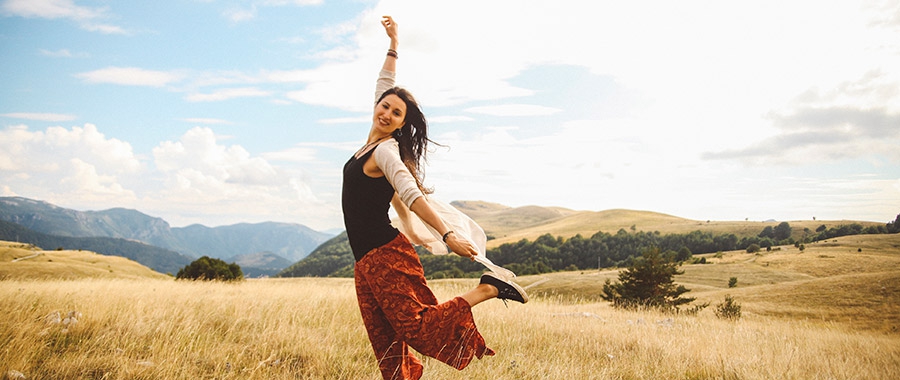

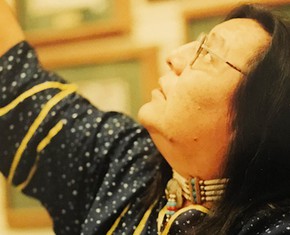

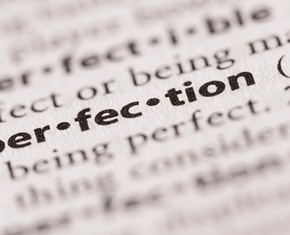
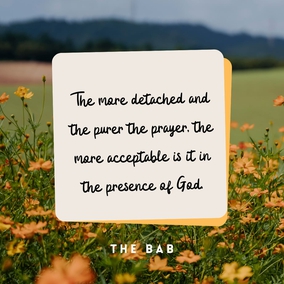
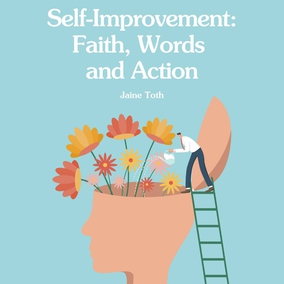

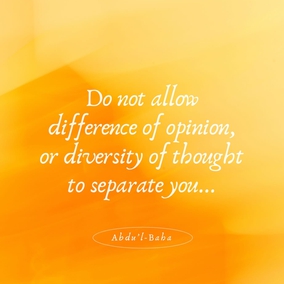

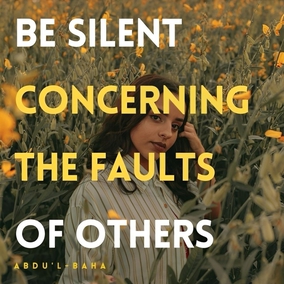



Comments
Sign in or create an account
Continue with Googleor